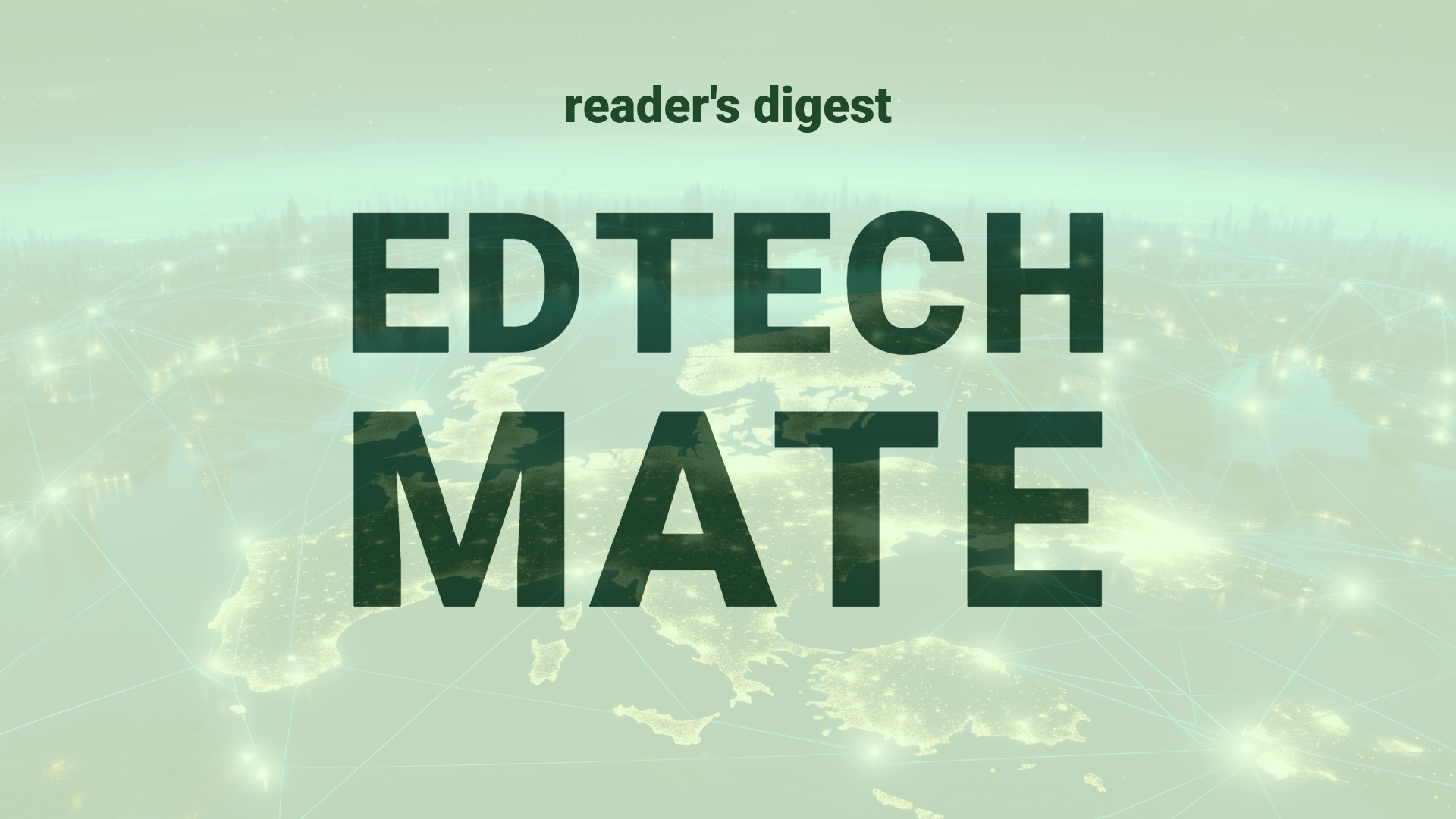Executive Summary and Main Points
In light of evolving financial and nonfinancial risks, insurance Chief Risk Officers (CROs) are strategically innovating while also ensuring sustainable growth. Key areas of focus include capital management, gen AI, climate risk, and cybersecurity. Risk functions are transitioning to efficiency improvement and decision-making facilitation. The insurance industry seeks to navigate this complex landscape through selective investments in technologies like gen AI, bolstering their analytics capabilities, and enhancing strategic agility and resilience.
Potential Impact in the Education Sector
The strategies employed by insurance CROs can influence the education sector, particularly in the domains of Further Education, Higher Education, and Micro-credentials. By forming strategic partnerships and leveraging digitalization, educational institutions could similarly manage their financial stability and address emerging risks. The use of gen AI can transform data analytics, curriculum personalization, and operational efficiency. Climate risk management and cybersecurity can also become central in ensuring sustainable and secure educational environments.
Potential Applicability in the Education Sector
Innovations such as gen AI could be applied within global education systems to streamline administrative tasks, enhance remote learning technologies, and offer precise student support services. Digital tools could address unstructured academic data challenges, while analytics might predict educational outcomes, assess risks, and optimize resources. Institutions should explore establishing AI ethics and governance to responsibly harness these new technologies.
Criticism and Potential Shortfalls
The integration of advanced technologies in education comes with criticisms, such as potential job displacement, ethical concerns over data privacy, and equal access to tech resources. International case studies reveal disparities in digital transformation readiness. Ethical and cultural implications include bias in AI algorithms and the digital divide, which may exacerbate inequalities in global higher education if not properly managed.
Actionable Recommendations
Technology implementations in the education sector should include proactive risk assessments, especially regarding data privacy and AI governance. Educational leadership could establish cross-institutional partnerships to share resources and knowledge, and invest in training for AI and data analytics skills. Additionally, they should prioritize building resilient systems capable of adapting to both expected and unforeseen changes within the educational landscape.
Source article: https://www.mckinsey.com/capabilities/risk-and-resilience/our-insights/navigating-shifting-risks-in-the-insurance-industry

